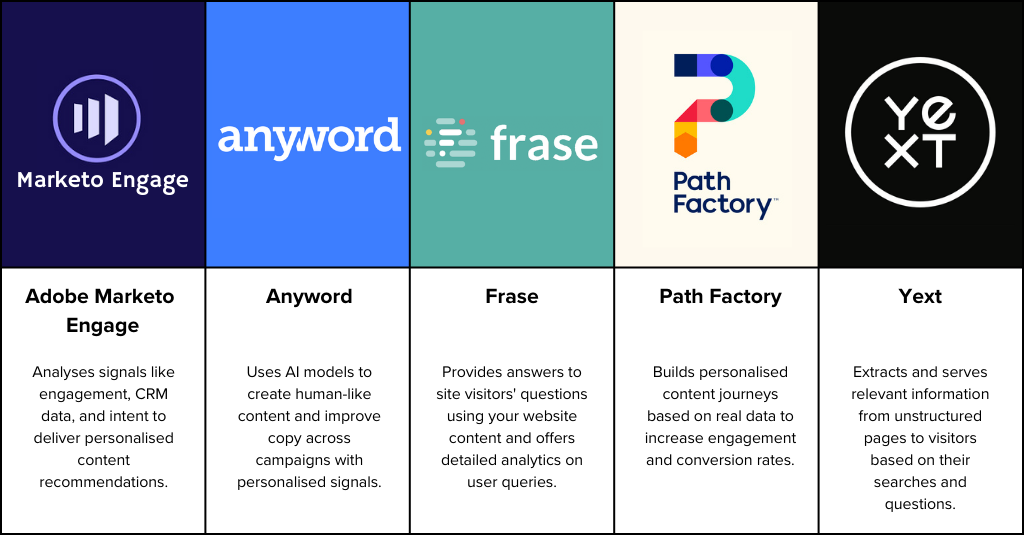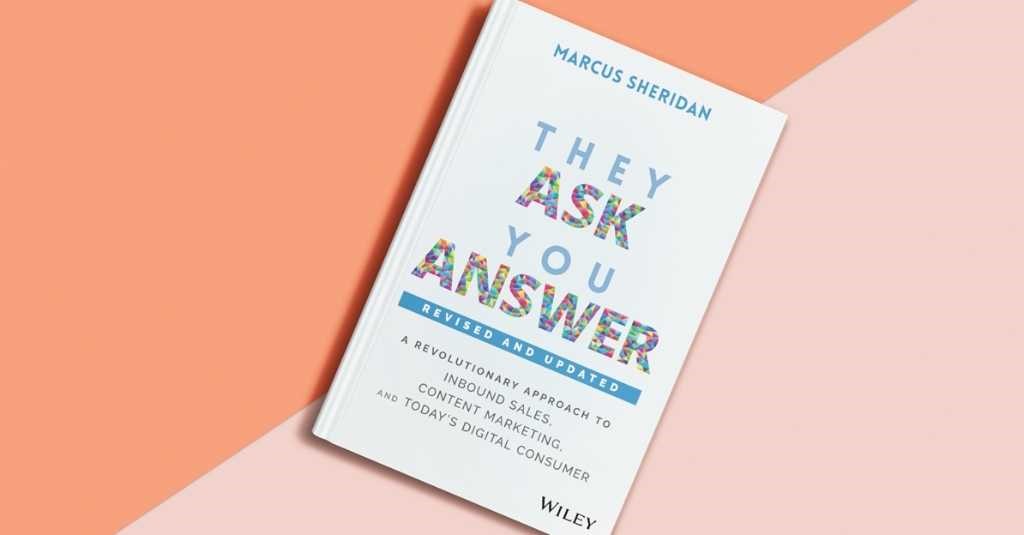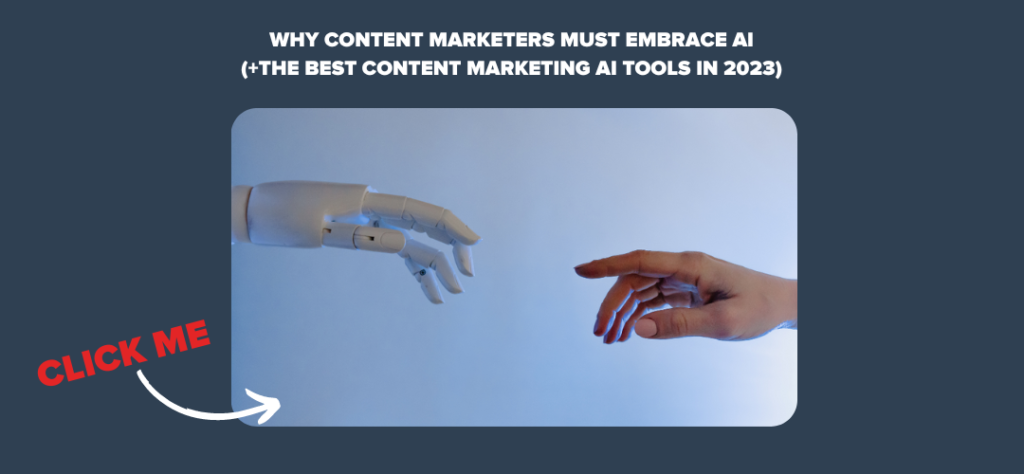Have you ever wondered how some businesses seem to know exactly what their customers want, delivering the perfect message at the perfect time? This isn’t just luck – it’s the power of AI-based marketing personalisation at work. You’ve likely heard the buzz about AI transforming the marketing landscape, but how exactly does it work?
Leveraging AI for personalisation can:
- Enhance customer engagement
- Boost conversion rates
- Provide a competitive edge
With years of experience in digital marketing and a deep understanding of AI technologies, I’m here to demystify AI-based marketing personalisation for you.
By the end of this article, you’ll feel like an expert.
In this article, you will discover what AI-based marketing personalisation is, how it works, and how you can implement it to revolutionise your marketing strategy.
What is AI-Based Marketing Personalisation?

AI-based marketing personalisation involves using artificial intelligence to tailor marketing efforts to individual customers.
Unlike traditional marketing, which often relies on broad segments and generalised messages, AI allows marketers to deliver highly targeted content, offers, and communications based on specific customer data and behaviours.
In other words, AI changes your marketing message, the channel the message is delivered on, and so on, depending on the user it is targeting.
Let’s look at how it works in detail.
How Does AI Based Marketing Personalisation Work?

AI personalises marketing by using advanced algorithms and machine learning techniques to analyse customer data and deliver targeted, relevant content.
Here’s how AI achieves this through four key processes:
1. Data Collection and Analysis
AI systems gather data from various sources, such as:
- Website Interactions: Tracking page visits, clicks, time spent on site, and user navigation paths
- Purchase History: Recording previous purchases, including products, categories, and frequency
- Email Engagement: Monitoring opens, clicks, and responses to email campaigns
- Social Media Activity: Analysing likes, shares, comments, and mentions on social platforms
This data provides a comprehensive view of each customer’s preferences and behaviours, forming the basis for personalisation.
2. Customer Segmentation
AI uses machine learning algorithms to segment customers into highly specific groups based on their behaviours and preferences.
This segmentation goes beyond traditional demographic categories, considering factors such as:
- Purchase Behaviour: Grouping customers by their buying patterns, such as frequent buyers, seasonal shoppers, or high-value customers
- Engagement Level: Categorising customers based on their interaction frequency with your brand, such as active, passive, or inactive users
- Interests and Preferences: Identifying specific interests based on browsing history, social media activity, and past purchases
This granular segmentation enables more precise targeting and personalised messaging.
3. Predictive Analytics
From here, AI then uses Predictive analytics. It does this by leveraging historical data to forecast future customer behaviours and trends.
AI uses this technique to:
- Anticipate Needs: Predict what products or services a customer might be interested in next, based on their past behaviour
- Optimise Timing: Determine the best time to engage with customers, such as sending emails when they are most likely to open them
- Identify At-Risk Customers: Recognise signs that a customer might churn and proactively offer incentives or support to retain them
4. Real-Time Personalisation
Once it’s made these predictions, it’ll utilise all of this data to personalise interactions in real-time.
This is what personalisation may look like, but note that there are also many other ways that personalisation can be used:
- Website Personalisation: Displaying personalised product recommendations, content, or offers based on a visitor’s real-time behaviour and preferences
- Dynamic Email Content: Customising email content dynamically, such as showing different products or offers to different recipients based on their interests
- Chatbots: Using AI-powered chatbots to provide personalised responses and support, enhancing customer experience and engagement
Real-time personalisation ensures that customers receive the most relevant and timely interactions, increasing the likelihood of conversion and satisfaction.
Different AI software will have different features in terms of what is possible to automate. For example, some software may specialise in personalising emails, whereas another software may work on advertising personalisation.
By leveraging these processes, AI transforms generic marketing efforts into highly personalised experiences that cater to individual customer needs and preferences.
Practical Applications of AI in Marketing Personalisation
AI-based marketing personalisation offers numerous practical applications that can significantly enhance your marketing efforts.
Here are some of the most impactful ways to utilise AI for personalisation:
Email Marketing
AI can transform your email marketing campaigns by:
- Personalised Content: AI analyses subscriber data to personalise email content, such as product recommendations, special offers, and relevant articles. For example, an online retailer can send personalised product suggestions based on a customer’s past purchases and browsing history
- Optimal Send Times: AI determines the best times to send emails to individual subscribers based on their past engagement patterns, increasing open and click-through rates. For instance, if a subscriber typically opens emails in the evening, AI will schedule future emails to be sent during that time
- Automated Segmentation: AI segments your email list into highly targeted groups, ensuring that each segment receives relevant content. For example, a travel agency might segment subscribers into adventure travellers, family vacationers, and luxury seekers, each receiving tailored offers and content
Content Recommendations
AI can enhance your content marketing strategy by:
- Personalised Website Experience: AI recommends relevant content to website visitors based on their behaviour and interests. For example, a news website can suggest articles related to the topics a visitor frequently reads
- Dynamic Content: AI-powered dynamic content adjusts in real-time to show personalised messages, offers, or products. For instance, an e-commerce site can display different homepage banners to different users based on their previous interactions
- Enhanced User Engagement: By providing personalised content recommendations, AI increases user engagement and time spent on your website. This leads to higher conversion rates and customer satisfaction
Chatbots and Customer Support
AI-driven chatbots offer personalised customer support by:
- Instant Responses: AI chatbots provide immediate responses to customer inquiries, enhancing the user experience. For example, a customer service chatbot can answer common questions, process orders, or provide product recommendations
- Personalised Interactions: AI chatbots use customer data to personalise interactions, such as greeting returning customers by name and remembering their past preferences. For instance, a chatbot for a fashion retailer might suggest new arrivals based on a customer’s previous purchases
- 24/7 Availability: AI chatbots are available around the clock, providing continuous support and personalisation even outside of business hours. This ensures that customers receive assistance whenever they need it, improving overall satisfaction
By leveraging AI in these practical applications, you can create highly personalised and engaging marketing experiences that resonate with your audience and drive better results.
Best AI Marketing Personalisation Tools
Below are some key tools that utilise AI Marketing Personalisation which you may want to consider:

- Adobe Marketo Engage: This tool analyses various signals like engagement, CRM data and intent to serve up the right content at the right time to every user on your website. It can also provide content recommendations
- Anyword: This tool uses models like ChatGPT-3 to create content that sounds human. The biggest difference between this and ChatGPT is that Anyword uses personalised signals to determine how to improve your copy across campaigns or your website. On top of this, Anyword can be easily integrated into your various work tools, such as Notion, Canva, and ChatGPT. Think of it like an overpowered ChatGPT
- Frase: This tool provides site visitors with answers to their questions using content from your website. It also gives you detailed analytics on which questions users are asking, and then helps you create content around those questions so you can rank higher in search engines
- PathFactory: This tool builds personalised content journeys for each person that visits your site. It uses real data on consumption metrics on your site and uses this to guide users to the content they care about most. This ultimately helps you get more engagement and higher conversion rates
- Yext: This tool extracts relevant information from unstructured pages on your site and then serves relevant information to visitors when they search or ask questions
Benefits of AI-Based Marketing Personalisation
Implementing AI-based marketing personalisation offers numerous benefits that can significantly enhance your marketing efforts and overall business performance.
Here are some key advantages:
- Improved Customer Engagement: AI personalisation leads to more relevant and timely interactions, which greatly improves customer engagement. For example, personalised email content based on a customer’s browsing history and past purchases can result in higher open and click-through rates, fostering a stronger connection between the brand and the customer
- Increased Conversion Rates: By delivering tailored content and offers, AI personalisation increases the likelihood of conversions. For instance, an e-commerce site that recommends products based on a customer’s previous purchases and preferences is more likely to see those customers make additional purchases. This targeted approach ensures that customers receive offers that genuinely interest them, leading to higher conversion rates
- Enhanced Customer Loyalty: When customers receive personalised experiences that meet their needs and preferences, they are more likely to remain loyal to the brand. AI helps create these customised experiences, such as remembering customer preferences for future interactions. For example, a streaming service that recommends shows based on a user’s viewing habits can foster a sense of loyalty, as the user feels the service understands and caters to their tastes
- Better ROI on Marketing Spend: AI personalisation helps optimise marketing budgets by targeting the right audience with the right message at the right time. This reduces wasted spend on broad, ineffective campaigns. For example, a targeted ad campaign that uses AI to focus on high-value customers who have shown interest in similar products can yield a better return on investment (ROI) than a generic ad campaign
- Efficient Use of Resources: AI automates many aspects of personalisation, freeing up time and resources for your marketing team to focus on strategy and creativity. For instance, AI can automatically segment email lists, personalise content, and schedule optimal send times, reducing the manual workload for marketers and allowing them to concentrate on crafting compelling messages and campaigns
- Data-Driven Insights: AI provides valuable insights by analysing vast amounts of customer data, helping marketers make informed decisions. These insights can reveal trends, preferences, and behaviours that might not be evident through manual analysis. For example, AI might identify that a certain demographic consistently responds well to a specific type of promotion, guiding future marketing strategies
- Scalability: AI allows for personalisation at scale, making it possible to deliver tailored experiences to a large customer base without significant manual effort. For example, a large retail chain can use AI to personalise offers and recommendations for millions of customers simultaneously, something that would be impossible to achieve manually
By leveraging AI for marketing personalisation, businesses can create more meaningful and effective customer interactions, driving better engagement, higher conversion rates, and increased loyalty.
Challenges and Considerations
While AI-based marketing personalisation offers numerous benefits, it also comes with its own set of challenges and considerations. And you need to be aware of these before you get started with AI marketing personalisation.
Data Privacy and Security

- Privacy Concerns: Collecting and using personal data for marketing purposes can raise privacy concerns among customers. Ensuring compliance with data protection regulations, such as GDPR and CCPA, is crucial. For example, always obtain explicit consent from users before collecting their data and provide clear information on how their data will be used. On top of this, we recommend having an AI policy for your company
- Data Security: Protecting the data you collect is vital. Implement robust security measures to prevent data breaches and ensure customer information is safe. This includes using encryption, secure servers, and regular security audits
Data Quality and Integration
- Quality of Data: AI algorithms rely on high-quality data to deliver accurate personalisation. Inaccurate or incomplete data can lead to irrelevant or misleading recommendations. Ensure your data is clean, accurate, and up-to-date by regularly auditing and validating your data sources
- Integration with Existing Systems: Integrating AI tools with your existing marketing platforms and CRM systems can be complex. Ensure compatibility and seamless data flow between systems to maximise the effectiveness of your AI personalisation efforts before you jump right in
Ethical Considerations
- Bias and Fairness: AI algorithms can sometimes perpetuate biases present in the data they are trained on, leading to unfair or discriminatory outcomes. It’s important to regularly audit AI systems for bias and ensure fairness in personalisation efforts. For example, if an AI system is found to favour certain demographics over others, take steps to address and correct this bias
- Transparency: Be transparent with your customers about how AI is used in your marketing efforts. Clearly explain how their data is being used and how AI personalisation works. This builds trust and helps customers feel more comfortable with your use of AI. Again, this should be addressed as part of your company’s AI Policy
By addressing these challenges and considerations, you can effectively implement AI-based marketing personalisation and reap its benefits while maintaining customer trust and compliance with regulations.
So, What’s Next?
AI-based marketing personalisation represents a powerful shift in how businesses can engage with their customers.
By leveraging AI to tailor content, offers, and communications, you can create more meaningful and effective customer interactions that drive engagement, conversions, and loyalty.
This not only improves customer satisfaction but also drives better business outcomes.
But how can you get started?
The first step is just getting started. Become aware of the tools available to you and then start using them. As you use different tools, you’ll discover which ones resonate most with you.
Here’s a guide to the best Content Marketing AI Tools to get you started.













